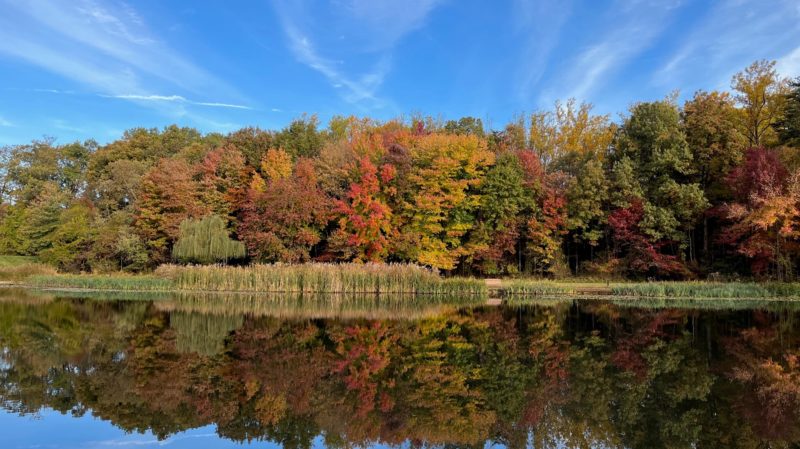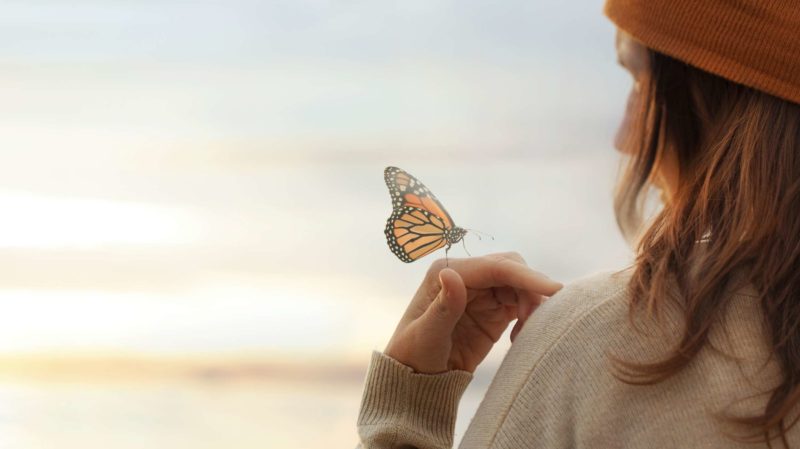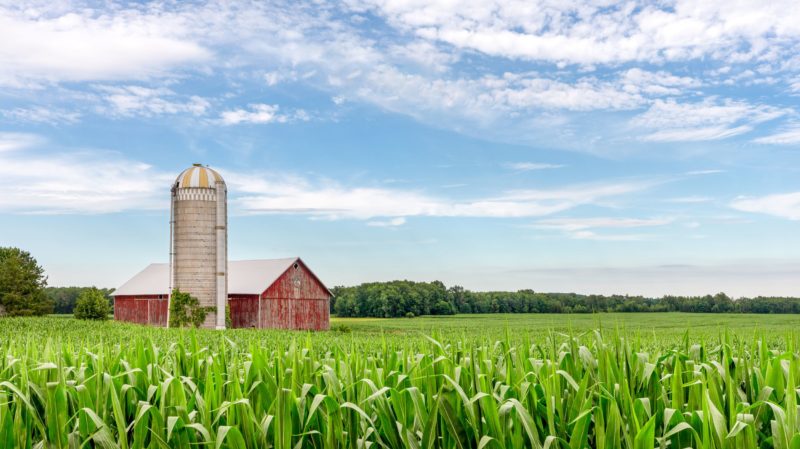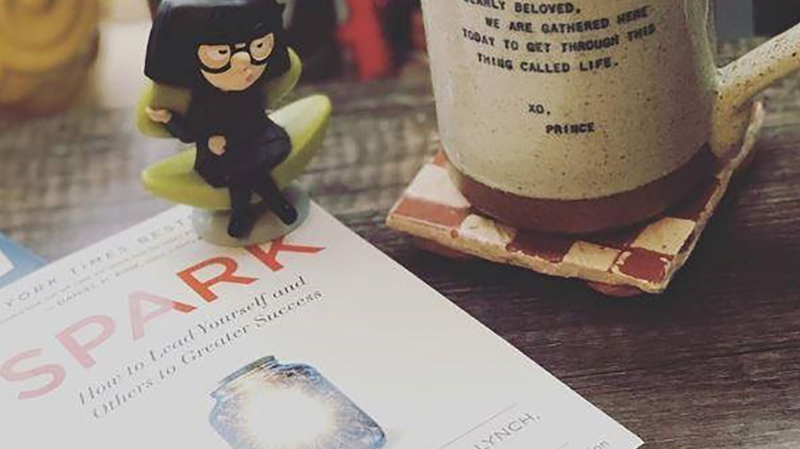
Many of us will gather this week to celebrate Thanksgiving. For some, it’ll be the first time they’ve gathered with extended circles of family and friends since the start of the pandemic. There will be much to celebrate, reflect on, and share. We wish you wonderful reunions and celebrations!
We also encourage you to consider the challenge of starting a practice of gratitude rather than just a one-day extravaganza of feasting and thankfulness.
A practice of gratitude is about making time, consistently, throughout your days, weeks, and months to recognize the valuable people, moments, opportunities, and worthiness in your life. Be cautious, though, it’s been scientifically proven that gratitude causes these side effects:
- Decreases anxiety
- Lowers the risk of depression
- Improves self-acceptance/self-esteem
- Improves energy levels
- Promotes greater overall happiness
- Improves sleep
- Lowers blood pressure
- Decreases stress
I know, you’ve heard it before, being grateful is important, it’s even good for your health. But do you actually make time to intentionally name and appreciate the good AND the difficult in your life?
Yes, we’re not talking about thankfulness for just what you deem positive, but also a deep understanding of how the challenge and pain in your life has shaped and strengthened you.
The practice of gratitude has an uncanny way of bringing you into the present. It allows you to focus on what is in your life, rather than focusing on what you want but don’t have or on what isn’t over what is. The more we live in the now, the more we can influence outcomes and inspire others. And, while a fair bit of our gratitude will be for the amazing people and circumstances in our lives, we encourage you to turn your gratitude inward as well. What are you thankful for about who you are? How are you contributing? What are you learning? Who are you serving? How do you show you care?
May the joy of the day inspire a practice of gratitude long past the holiday season.















































